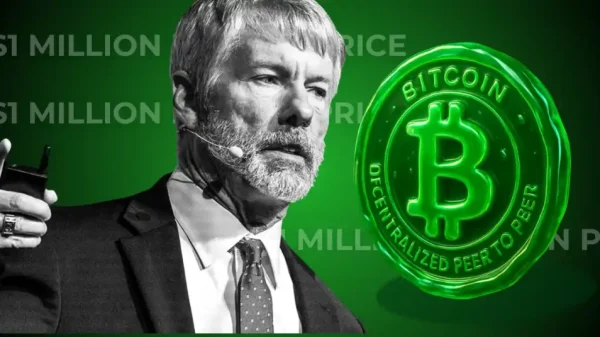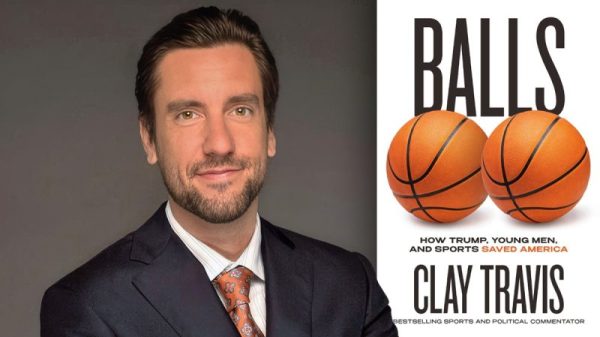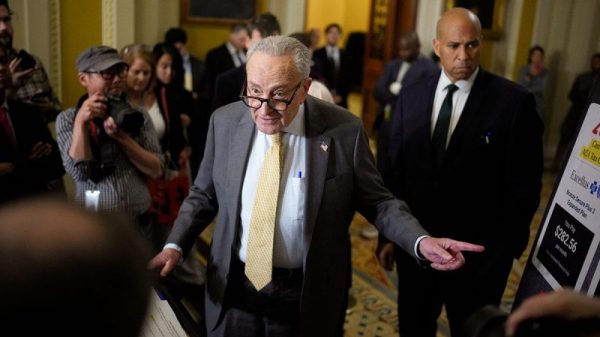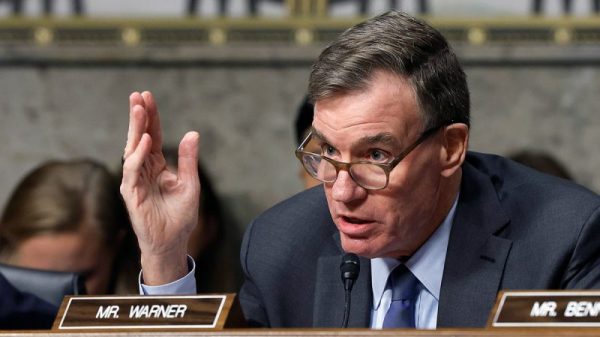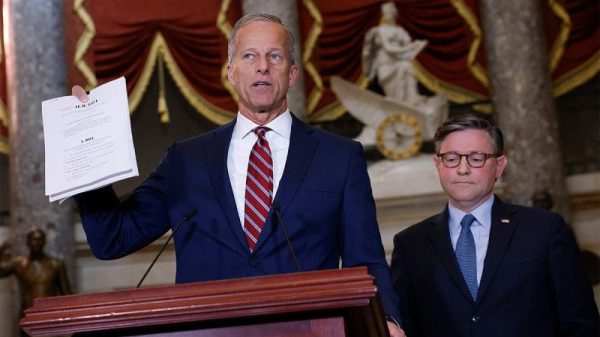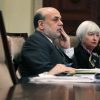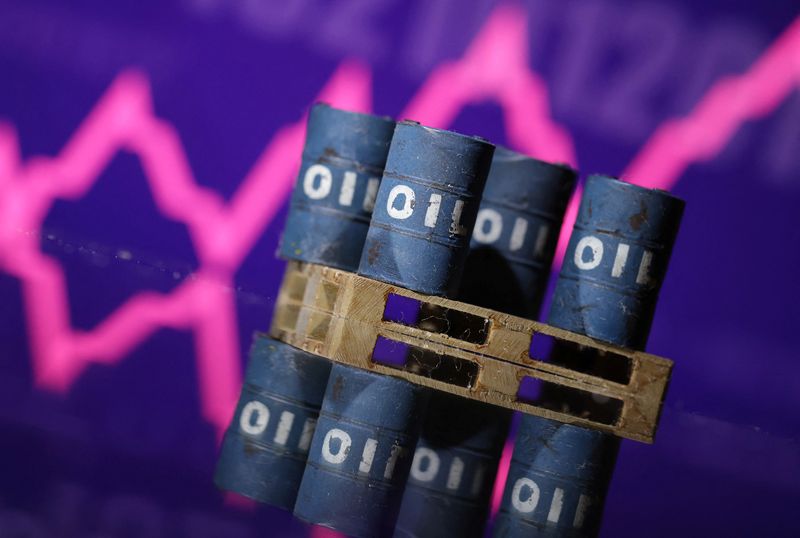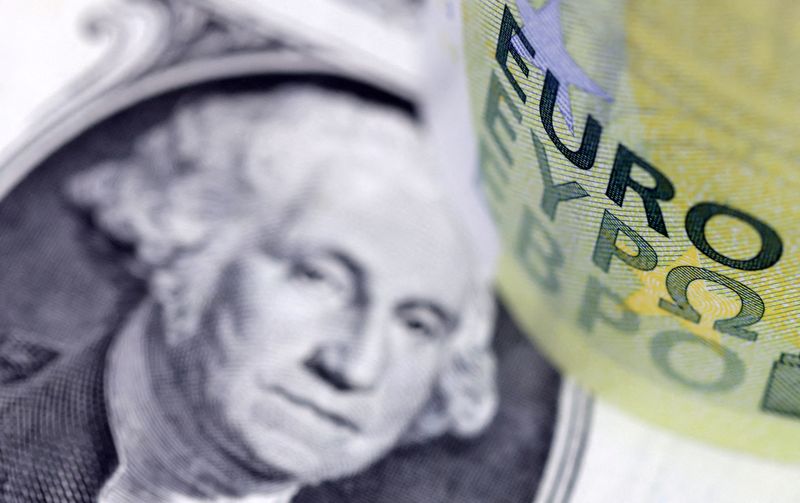
By Harry Robertson
LONDON (Reuters) – Investors have poured a record $600 billion into global bond funds this year, taking advantage of some of the highest yields in decades ahead of an uncertain 2025.
Dwindling inflation has finally allowed central banks to lower interest rates, pushing investors to lock in the relatively high yields available and finally delivering the “year of the bond” after $250 billion left fixed-income funds in 2022.
“The story is income,” said Vasiliki Pachatouridi, head of EMEA iShares fixed income strategy at BlackRock (NYSE:BLK). “We are seeing the income being put back into fixed income. We haven’t seen these levels of yields in almost 20 years.”
Bond yields tend to fall, and prices rise, as central banks reduce short-term borrowing costs.
Although returns on the ICE BofA global bond index have been middling at around 2% this year, the yield on offer topped 4.5% late last year, the most since 2008.
As of mid-December, $617 billion had flowed into developed and emerging market bond funds, according to financial data provider EPFR, topping 2021’s $500 billion and putting 2024 on track to be a record year.
Stocks, meanwhile, have drawn $670 billion of inflows as indexes in the U.S. and Europe scale new heights. Cash equivalent money market funds, which boast high yields and little risk, have fared the best, pulling in more than $1 trillion.
CREDIT CRAZE
Corporate bonds, which offer higher yields than equivalent government debt, have proven particularly popular, rallying as companies weathered the rise in central bank interest rates.
The yield on the ICE BofA global corporate bond index has fallen to its lowest over risk-free government debt since before the financial crisis in 2007.
“Before interest rates started to drift up a few years ago, a lot of companies locked in their funding for a long time,” said Willem Sels, global chief investment officer at HSBC’s private bank.
“Therefore, the impact of rising borrowing costs on corporates was much less than people expected. At the same time, a lot of companies earned more on their cash holdings.”
PASSIVE AGGRESSIVE
Investors have shown a clear preference for passive exchange-traded funds (ETFs), which were on track for a record year with $350 billion of inflows by the end of November, according to Morningstar Direct data.
“ETFs give investors access to a number of assets that previously were harder to trade, including bonds,” said Martin Oehmke, professor of finance at the London School of Economics.
“Corporate bonds, for example, are notoriously illiquid and ETFs offer easy access to this market in a much more liquid form.”
The two biggest passive fund players – BlackRock and Vanguard – have reaped the benefits.
BlackRock’s iShares ETF business attracted $111 billion of inflows between January and the end of October, according to estimates from Morningstar Direct, while Vanguard took in an estimated $120 billion, the vast majority of which went to its passive index business.
PIMCO, traditionally known for its active management, has also had a strong year. It has drawn around $46 billion into its bond funds, according to Morningstar, after shedding some $80 billion in 2022.
FLOWS COULD SLOW
A number of factors could cause inflows to slow in 2025. President-elect Donald Trump’s tax-cutting and deregulatory agenda has caused U.S. stocks to jump and inflows into equities to surge, limiting the appeal of bonds.
Data from EPFR and TD Securities shows $117 billion flowed into U.S. stock funds in the four weeks after Trump’s Nov. 5 victory, more than four times the $27 billion into global bonds.
Meanwhile, investors are sceptical that corporate bonds can rally much further after this year’s strong performance.
“It seems very hard to continue to expect spreads to tighten much more, and I don’t believe that bond yields will be much lower from where we are today,” said Carl Hammer, global head of asset allocation at Swedish bank SEB.


